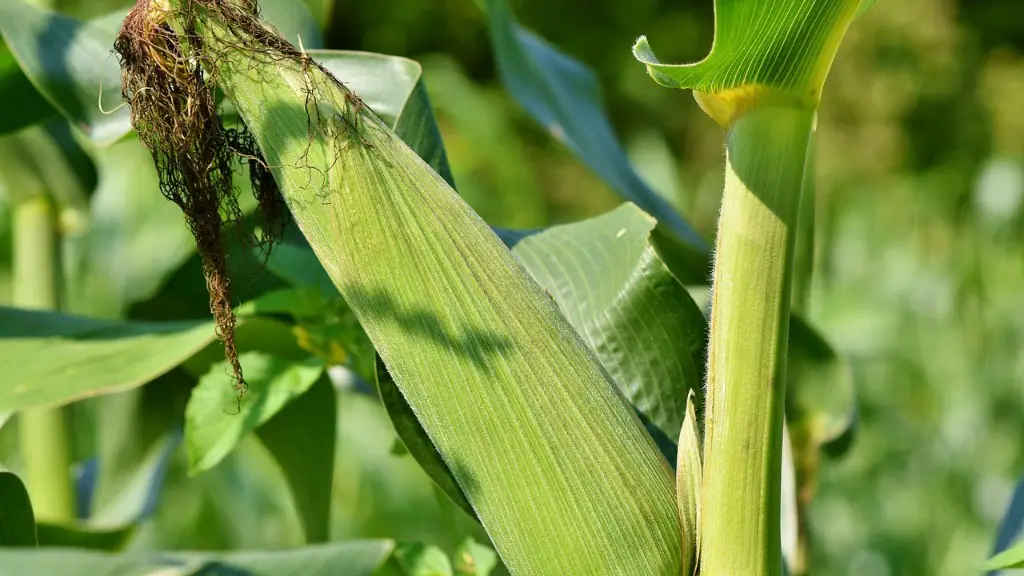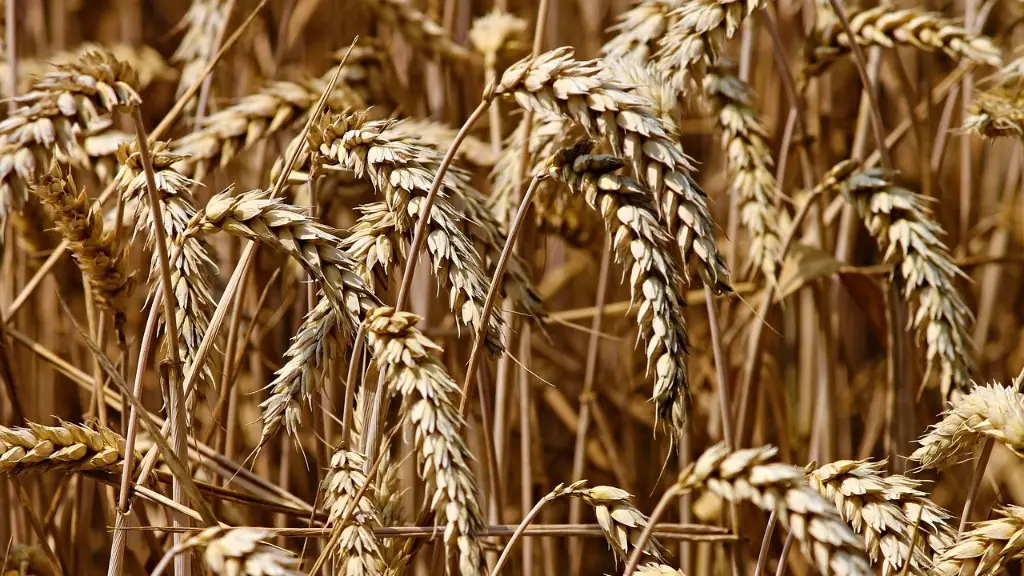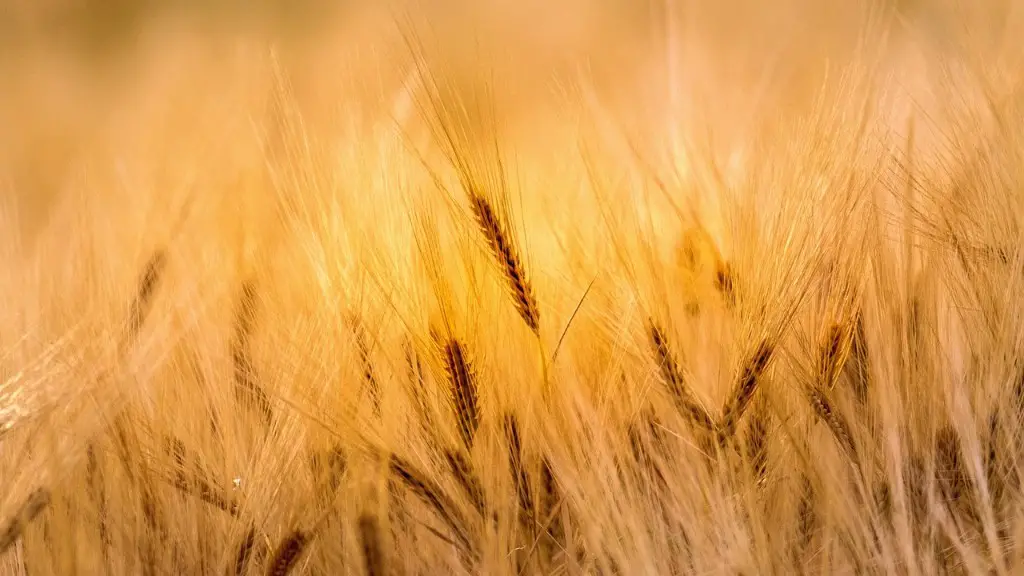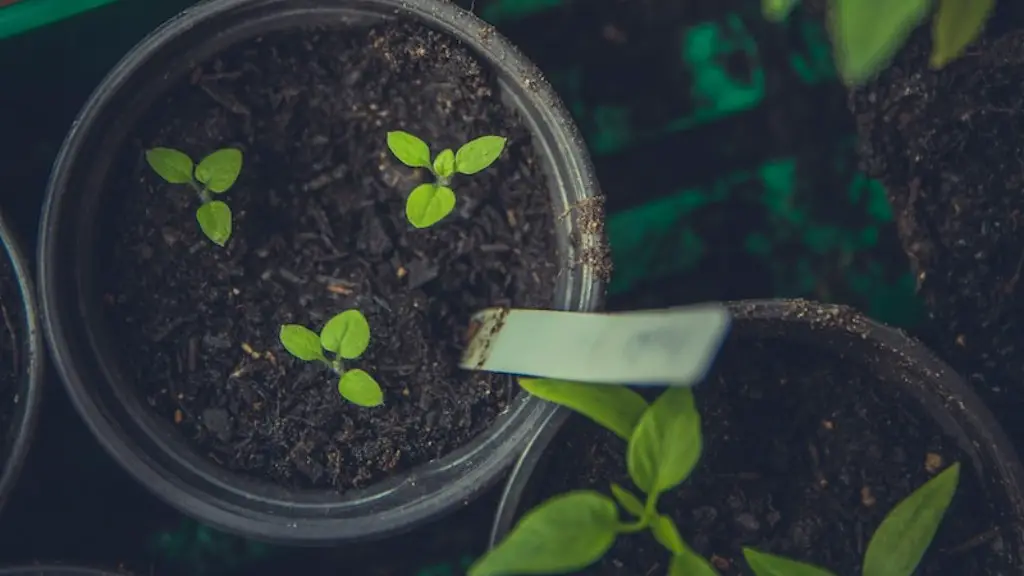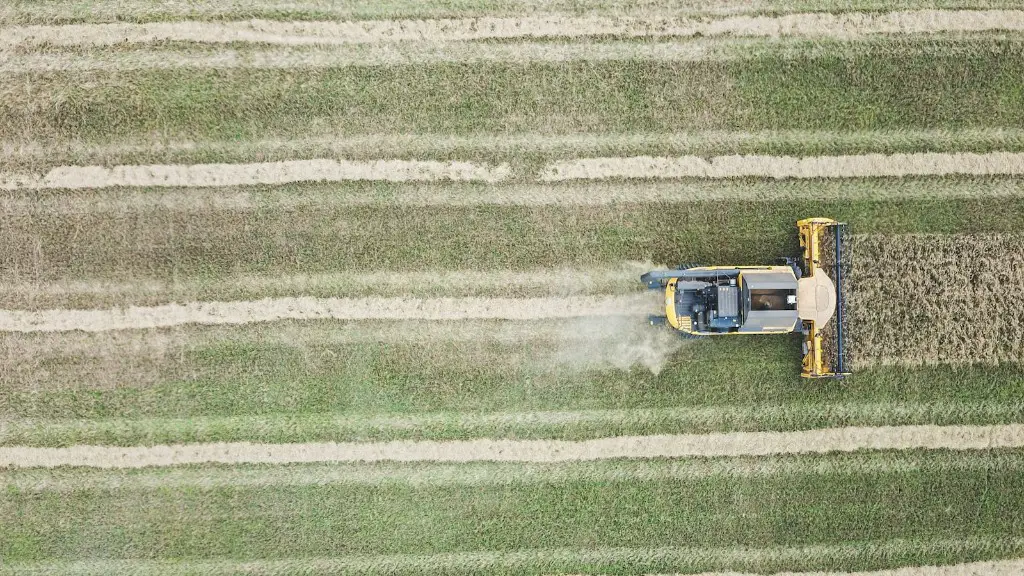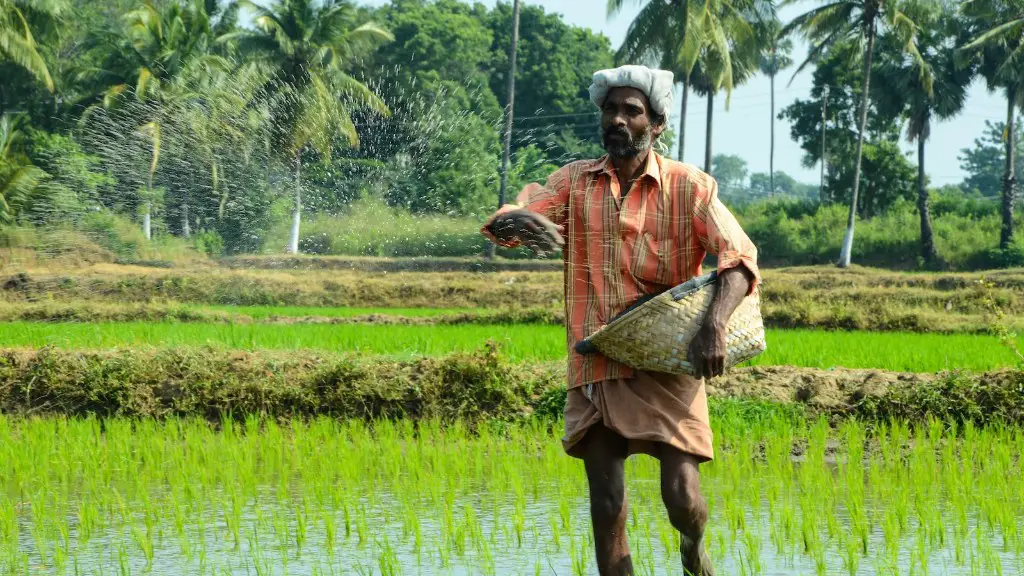Agriculture is the science and art of cultivating plants and livestock for human use. Agriculture was the key development in the rise of sedentary human civilization, whereby farming of domesticated species created food surpluses that nurtured the development of civilization. The study of agriculture is known as agricultural science.
The concept of agriculture is the process of producing food, feed, fiber and other desired products by culturing plants, animals and other life forms.
What are the basic concepts in agriculture?
There are typically two major interdependent and overarching components in an agricultural livelihoods system:
1) Increased production (or yields) and productivity: This component focuses on improving the efficiency and output of agricultural production systems. This can be done through a variety of means such as technological innovation, better management practices, etc.
2) Increased income: This component focuses on ensuring that farmers and other actors in the agricultural livelihoods system are able to generate sufficient incomes to meet their needs. This can be done through a variety of means such as improved market access, better prices, etc.
The science, art, and business of cultivating soil, producing crops, and raising livestock is known as farming. Farming has been an important part of human society for thousands of years and continues to be a vital part of the global economy.
What is the main concept of agricultural business
The term agribusiness encompasses a wide range of activities, from farming and crop production to crop processing, transportation and distribution. Agribusinesses play a vital role in the economy, providing food and other agricultural products to consumers. In recent years, the agribusiness sector has been increasingly consolidated, with large companies acquiring smaller businesses. This trend has led to concerns about the impact of agribusiness on the economy and on the livelihoods of farmers and other workers in the sector.
Agriculture is the backbone of many economies, providing vital food security and employment opportunities. It also plays an important role in environmental conservation and the management of natural resources.
The sector is constantly evolving in response to changes in technology, markets and consumer preferences. In recent years, there has been a growing focus on sustainable agriculture, which takes into account the environmental impact of farming practices.
There is a growing demand for agricultural products, both in developed and developing countries. This is driven by population growth, increased urbanization and the rise of middle-class consumers.
Agriculture is an important source of income for millions of people around the world. It provides a livelihood for small-scale farmers, as well as employment for millions of workers in the food and beverage industry.
The sector is also a major contributor to global trade, with agricultural products accounting for around one-third of world exports.
Despite the importance of agriculture, the sector faces a number of challenges. These include climate change, water scarcity, soil degradation, pests and diseases.
There is a need for greater investment in research and development, as well as more efficient and sustainable production practices. In addition, there is a need to improve access to markets, credit
Why is agriculture important in simple words?
Agriculture plays a major role in economic growth and development. As the provider of food it is a cornerstone of human existence. As a furnisher of industrial raw materials it is an important contributor to economic activity in other sectors of the economy.
Agriculture provides the raw materials for many industries, including textile, pharmaceutical and food processing. It also provides employment for a large proportion of the population, particularly in rural areas.
The sector is subject to a number of constraints, including climate, water availability, soil fertility and pest infestation. However, with proper management and investment, these constraints can be overcome and the sector can make an even greater contribution to economic growth and development.
Agriculture is vital to sustaining human life and providing economic gain. It combines the creativity, imagination, and skill involved in planting crops and raising animals with modern production methods and new technologies. This makes agriculture a key driver of innovation and economic growth.
What is agriculture one word answer?
Agriculture is vital to the survival of human beings. It is the process of producing food, feed, fiber and other products by farming. Agriculture includes activities such as crop production, animal husbandry, irrigation, soil conservation and pesticide control.
Agriculture is a vital sector of the economy and it is important for a number of reasons. Firstly, it is the main source of raw materials for industries. Secondly, it is important to international trade. Thirdly, it plays a big role in a nation’s revenue. Fourthly, it provides employment. Fifthly, it is crucial to a country’s development. Sixthly, it can help heal the environment. Seventhly, it goes hand-in-hand with war. Eighthly, it is a key sector in the fight against poverty. Ninthly, it contributes to food security. Tenthly, it is a source of renewable energy.
What is the main concept of good agricultural practices
GAPs are Good Agricultural Practices that producers can use to reduce the risk of microbial contamination of fresh produce. The guidelines are based on FDA recommendations and are voluntary. However, following these practices can help to ensure the safety of fresh produce and minimize the risk of foodborne illness.
There are four main branches of agriculture: livestock production, crop production, agricultural economics, and agricultural engineering. Each branch has its own specialized area of focus. Livestock production deals with the raising of animals for food or other purposes. Crop production focuses on the cultivation of plants for food, fuel, or other purposes. Agricultural economics deals with the economic aspects of agriculture, such as market trends and prices. Agricultural engineering deals with the design and implementation of agricultural systems and equipment.
What is the most important role in agriculture?
Agriculture is vital for both food production and other raw materials for both rural and urban populations. The land is a key resource for agriculture, and rural or developing areas have an abundance of it.
Agricultural science is a vast field that covers many different aspects of the production, research and development of crops and animals. Farming is the practical application of this science, involving the cultivation of the land and the rearing of animals to provide food, wool and other products.
There is a huge amount of knowledge and expertise required to successfully carry out agricultural activities, and it is an ever-evolving field as new technologies and methods are developed. As such, it is an important sector of the economy and plays a vital role in feeding the world’s population.
What are the two main types of agriculture
Subsistence farming is mostly practised in areas where there is little or no scope for commercial farming. The main objective of this type of farming is to meet the food requirements of the farmer and his family. Commercial farming, on the other hand, is carried out with the main objective of earning profits by selling the produce in the market. This type of farming is mostly practised in areas where there is sufficient scope for marketing the produce.
The result of increasing pressure on the land and water resources of the earth by agriculture is often land degradation, such as soil erosion and salinization), and eutrophication. Agriculture is also associated with greenhouse gas emissions.
What are some examples of agriculture?
Crops are agricultural products that are grown, harvested, or collected. Farmers are people who earn a living by farming, and they usually manage or operate a farm. Dairy cows are cows that are raised mainly for the production of milk for dairy products.
Agriculture has had a profound impact on the environment. Five of the most significant environmental effects of agriculture are soil fertility loss, eutrophication of water bodies, deforestation, climate change and pesticide pollution.
Soil fertility loss is a major environmental effect of agriculture. The loss of topsoil due to erosion is a serious problem in many agricultural areas. The loss of soil fertility also results in the loss of productivity and the need for increased inputs of fertilizers and other chemicals.
Eutrophication of water bodies is another major environmental effect of agriculture. This occurs when nutrients from agricultural runoff enter waterways and promote the growth of aquatic plants and algae. The resulting overgrowth can lead to water body impairment and reduced water quality.
Deforestation is another significant environmental effect of agriculture. The conversion of forestland to farmland is a major contributor to deforestation. In addition, the clearing of land for agriculture can lead to soil erosion and the loss of biodiversity.
Climate change is another major environmental effect of agriculture. Agriculture is a significant source of greenhouse gas emissions, which are a major contributor to climate change. Agriculture also contributes to climate change by clearing land, which reduces the amount of carbon dioxide that is sequestered in vegetation.
P
Warp Up
The concept of agriculture is the cultivation of land for the purpose of growing crops. Agricultural practices include the use of ploughs, seed drills, and other equipment to sow and harvest crops; the application of fertilizers and other chemicals to the land; and the raising of livestock.
The concept of agriculture is the process of producing food, fiber, and fuel by cultivation of certain plants and the raising of domesticated animals.
